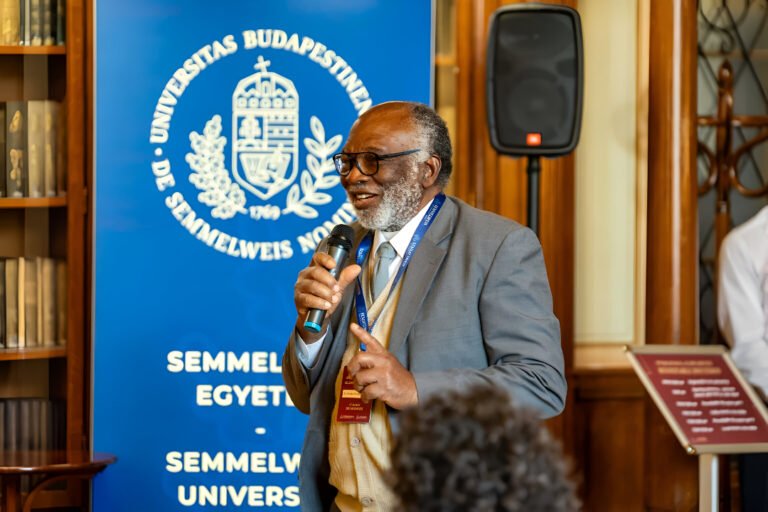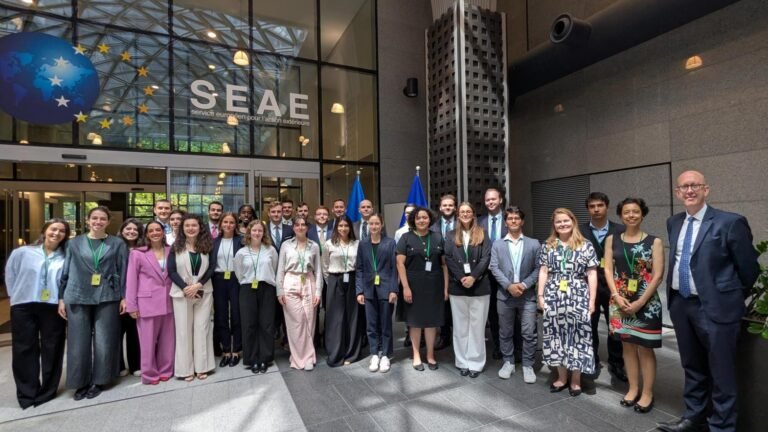
Corvinus University of Budapest has made history as the first Hungarian higher education institution to lead an international research project funded by the EU’s Horizon Europe programme. The Trade4SD (Trade for Sustainable Development) project, launched in 2021 and concluded this May, examined how international trade can advance sustainability goals.
The €4 million project, coordinated by Corvinus’ Attila Jámbor, brought together 13 partners from 10 countries, plus collaborators in Ghana and Vietnam. The research also involved the European Commission, FAO, OECD, WTO, and national ministries, offering a comprehensive global perspective.
Findings highlight that while trade liberalisation remains essential, achieving true sustainability requires strong agricultural and environmental policies, like the EU’s carbon border tax or anti-deforestation measures. “Trade is a tool, not a barrier. Sustainability works when local communities’ interests are considered,” Jámbor emphasized.
Key recommendations include:
- Embedding sustainability goals directly into trade agreements
- Giving more weight to local interests during negotiations
- Measuring sustainability outcomes within agreements
- Enhancing EU policy cohesion to avoid top-down rules that overlook local needs
As the project closes, its insights will inform EU and national policies. A special issue of EuroChoices will feature Trade4SD’s results this August.
Source: Budapesti Corvinus Egyetem






